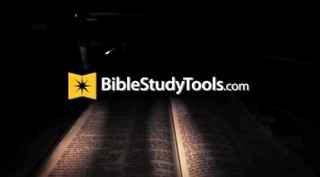
- Recent Translations
- All Translations
Genesis 44:2
Share
Settings
Genesis 44:2 Meaning and Commentary
And put my cup, the silver cup, in the sack's mouth of the
youngest
Benjamin; this he ordered to be done, partly to put him in apparent danger, and try how his brethren would behave towards him in such circumstances, and thereby know how they stood affected to him; and partly that he might have an excuse for retaining him with him. This cup was valuable both for the matter of it, being of silver, and for the use of it, being what Joseph himself drank out of: and by the word used to express it, it seems to have been a large embossed cup, a kind of goblet, for it has the signification of a little hill. Jarchi says it was a long cup, which they called "mederno". The Septuagint render it by "condy", which is said to be a Persian word, and a kind of an Attalic cup, that held ten cotylae F7, or four or five quarts, and weighed ninety ounces; but a cup so large seems to be too large to drink out of: and his corn money;
what he had paid for his corn: and he did according to the word that Joseph had spoken;
put every man's money in the mouth of his sack, and his silver cup with the corn money into Benjamin's sack.
F7 Nicomachus de festis Aegypt. apud Athenaeum, l. 11. c. 7.
Genesis 44:2 In-Context
Videos for Genesis 44:2
